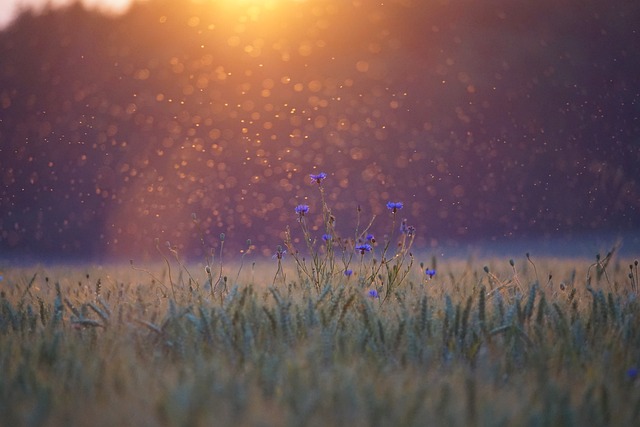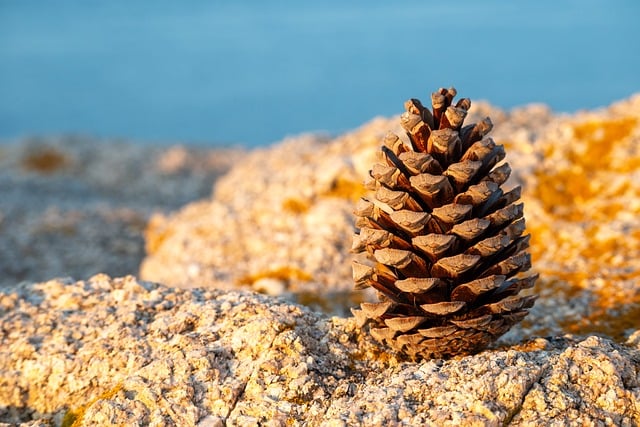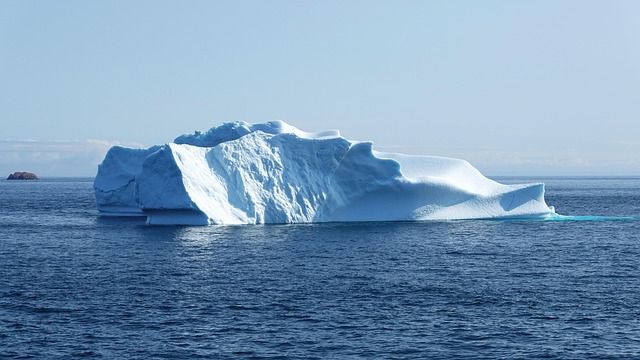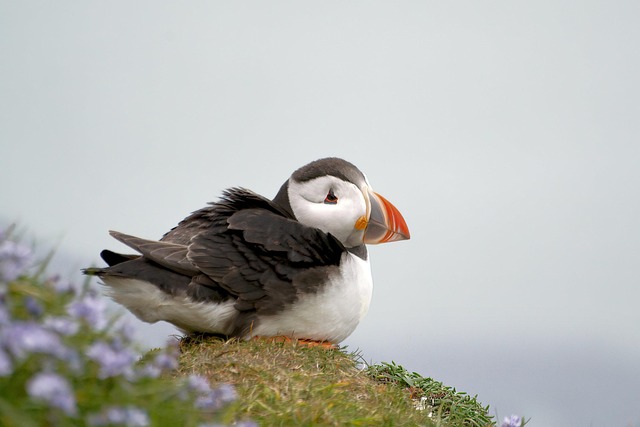Melting Concerns: The Impact of Mosquitoes on Climate Change and the Environment
As we navigate through the escalating effects of climate change, a multitude of little-known factors contribute significantly to the challenges our planet faces. One of the most surprising culprits in this dialogue is none other than the humble mosquito. Often dismissed as mere nuisances, these tiny creatures carry with them broader implications for our environment and the changing climate.
The Unseen Connector
Mosquitoes thrive in warm, humid environments, which is precisely what climate change is providing more of. As global temperatures rise, these insects are expanding their range, colonizing new areas and potentially bringing with them diseases that were once confined to tropical regions. The increased presence of mosquitoes signifies more than just an uptick in insect encounters; it indicates a shift in our ecosystem that can unravel carefully balanced natural processes.
A Ripple Effect on Biodiversity
The influx of mosquitoes into new territories can lead to diminished biodiversity. Various species are forced to compete for resources, and those already struggling may face extinction. Additionally, the diseases mosquitoes spread, such as malaria and dengue fever, can decimate populations of not just humans but even some wildlife species, further altering the food chain and impacting ecosystems.
Impact on Climate Change Feedback Loops
Mosquitoes contribute to climate change in another less direct way. As their populations expand, they affect wildlife populations, particularly those reliant on a healthy equilibrium with their environment. Wildlife declines can lead to vegetation growth changes. Altered vegetation can change local climates by affecting humidity and soil health, thus creating a feedback loop that exacerbates the initial effect of climate change.
Human Interaction and Its Consequences
The interaction between humans and mosquitoes is also changing as we attempt to adapt to a world where these insects proliferate. Increased use of pesticides not only poses health risks to humans and pets but can also harm non-target species, disrupting local ecosystems further. Our attempts to combat mosquito-borne illnesses may end up disturbing the balance of life in ways we haven’t fully anticipated.
A Call to Awareness
Understanding the complexity of our environment means acknowledging the interconnectedness of various species, including mosquitoes. As they adapt to climate change, we are reminded of our role as stewards of the planet. Each creature—no matter how small—plays a part in our ecosystem, and the changes we see today may shape the world we leave behind. Raising awareness about mosquitoes and their impacts is crucial in fostering a more sustainable and informed approach to managing our environment amidst the challenges of climate change.




